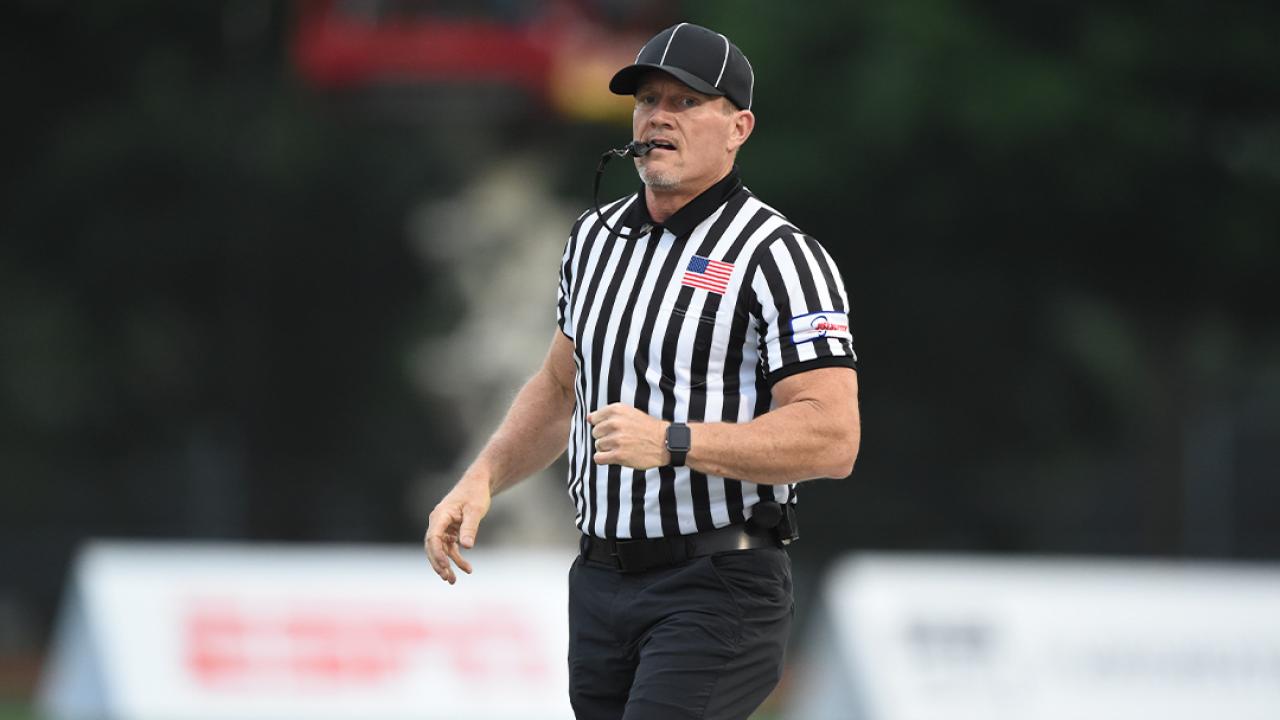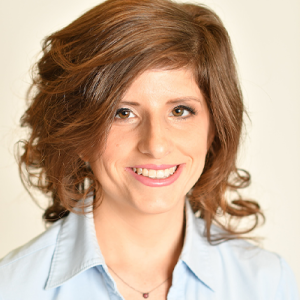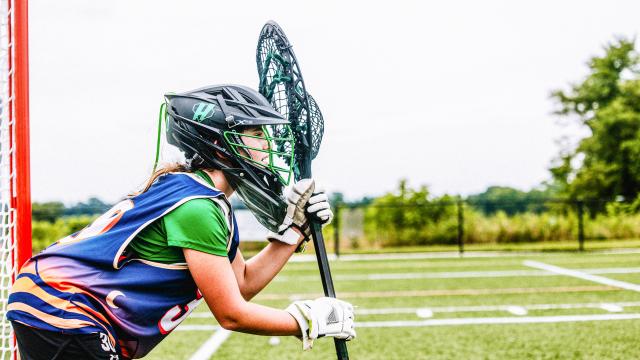
Game Ready: How Officials Can Prepare for the Season
This article appears in the February edition of USA Lacrosse Magazine. Join our momentum.
With preseason underway, coaches have their eyes on who came back game ready. Fitness tests, mental resilience and game IQ will all factor into those tough decisions about the depth chart.
Marty Joyner, USA Lacrosse’s men’s officials development manager and a long-time ref at the high school and youth levels, wants the people donning the stripes to adopt a similar mindset.
“It’s time for us to get back to our professional mentality,” Joyner said.
At the high school and youth level, referees are often the highest-paid people on the field or sidelines. “There’s an expectation that goes along with that,” Joyner said.
He offered tips on how to live up to them.
GET RECERTIFIED
Though certification used to be in person, the pandemic offered an opportunity to take a hybrid approach that still exists. Training materials can now be found online.
USA Lacrosse offers an officials development recertification process that educates and tests refs on new rule changes and includes a professional development course. Fully certified officials with USA Lacrosse also can receive game reimbursements through insurance up to $1,950 if they are injured and unable to perform.
WATCH FILM
“Video tells you so much,” Joyner said. “It’s going to help you fix bad mechanics.”
Officials have access to resources like Hudl and can watch themselves and others on the field. Even more seasoned professionals like Joyner can learn a thing or two to step up their game.
“As you move up the ladder, pay attention to how you look on the field,” Joyner said. “Do you run with authority? What’s the body language you are displaying? How am I presenting myself to coaches and players in a non-verbal manner? It’s a refined skill for officials.”
UP THE INTENSITY
Summer and fall tournaments keep officials on the field for eight to 10 games per day — sometimes eight hours without a break. It sounds like a recipe to stay in game shape, but Joyner cautions that the spring is different.
“During tournaments, you are going to find a way to rest on the field, and that creates bad habits,” Joyner said. “The challenge is moving on from those bad habits you created in the offseason, going from half speed to full speed.”
Joyner focuses on cardio training post-holidays and emphasizes low-impact, high-intensity interval training on the treadmill and elliptical. He typically does a three-minute warm-up and a three-minute cooldown. In the middle, he alternates one minute of high-intensity cardio and one minute at a lower intensity to bring his heart rate down.
RUN YOUR ROUTE
Like a player, Joyner hits the field for drills and brings cones with him. “Go to goal line extended,” he said. “Go from there to the center cone and center cone to goal line extended.” This drill helps you build muscle memory for when it counts.
FIND A MENTOR
“If you are the smartest guy in the room, you need to find another one,” Joyner said. “If you are not trying to get better, you are not a professional.”
Joyner suggests looking for people with senior or college official titles in your area. Group chats and post-game hangouts are also common in the D.C. area, where he officiates. Refs can often learn and find people eager to take on a mentee.
Beth Ann Mayer
Beth Ann Mayer is a Long Island-based writer. She joined USA Lacrosse in 2022 after freelancing for Inside Lacrosse for five years. She first began covering the game as a student at Syracuse. When she's not writing, you can find her wrangling her husband, two children and surplus of pets.

Categories
Tags
Related Articles




